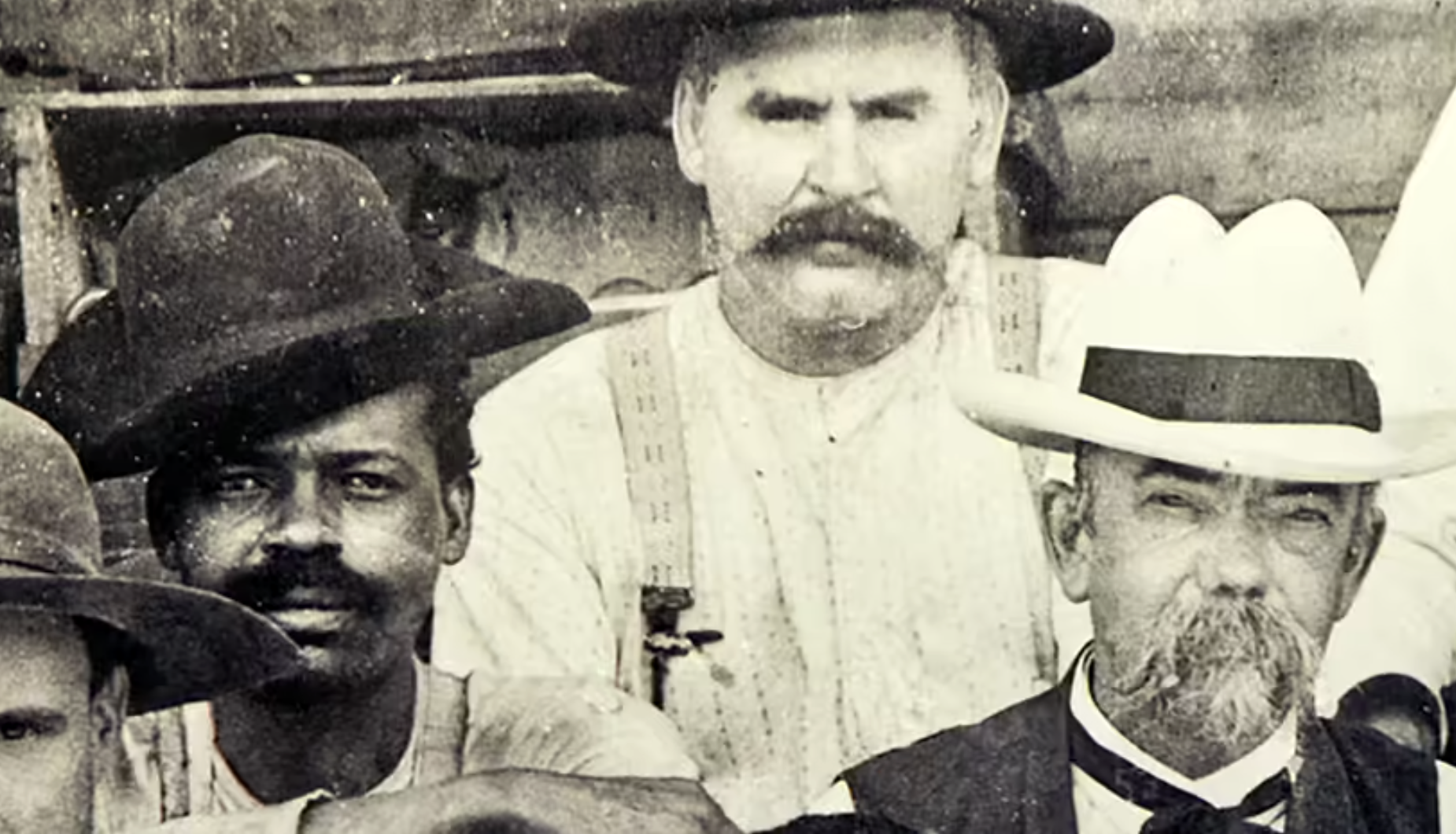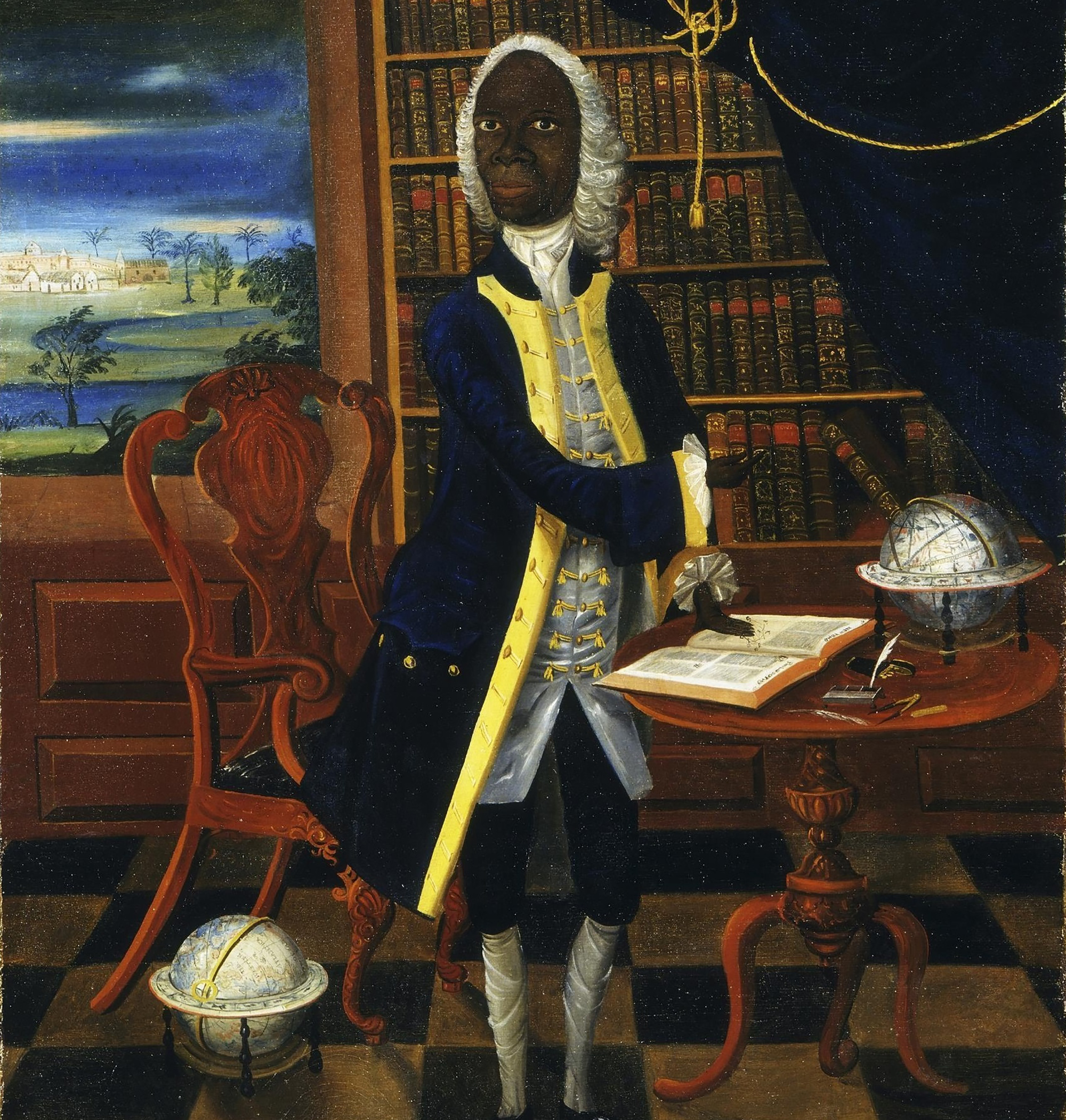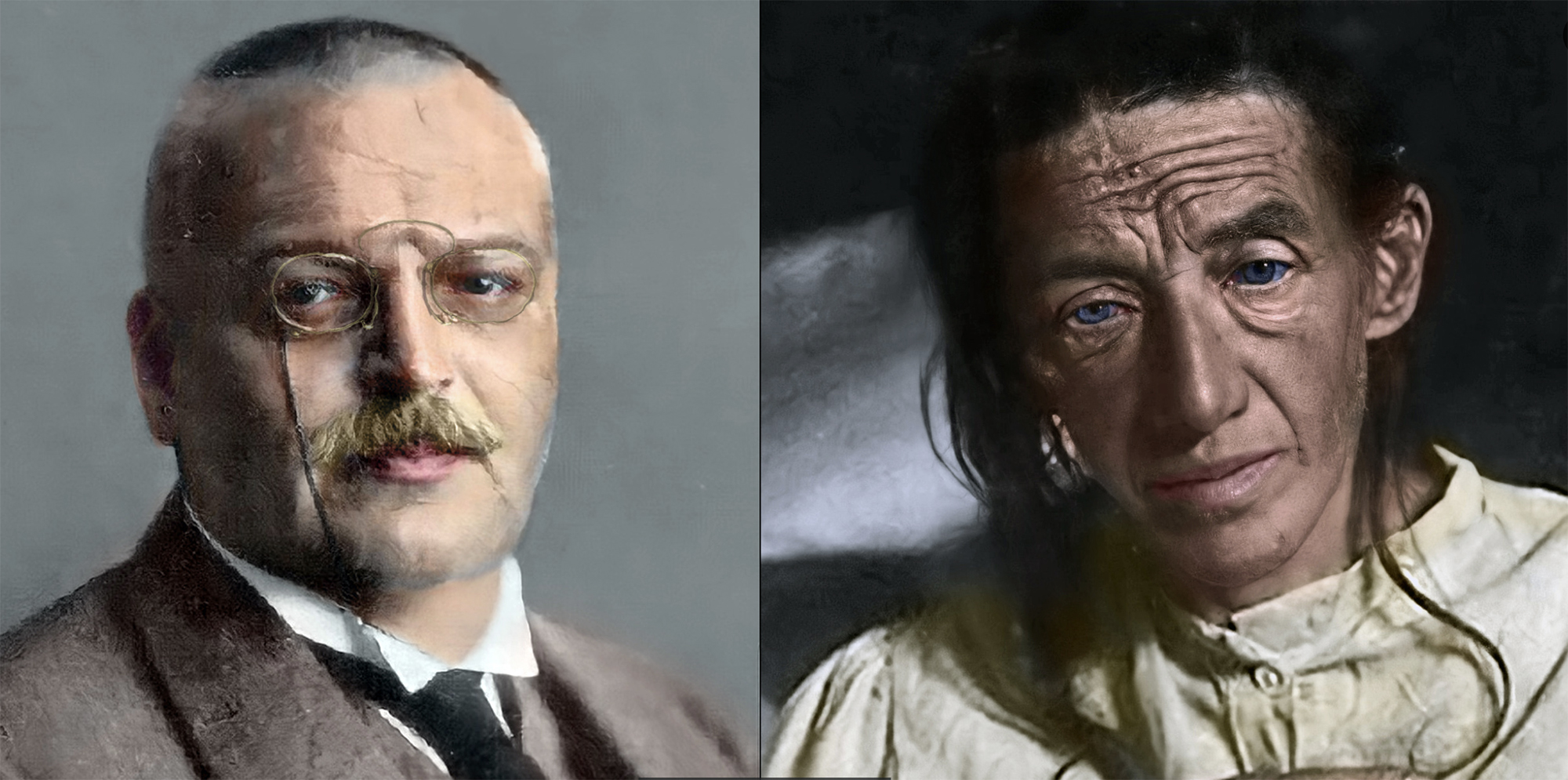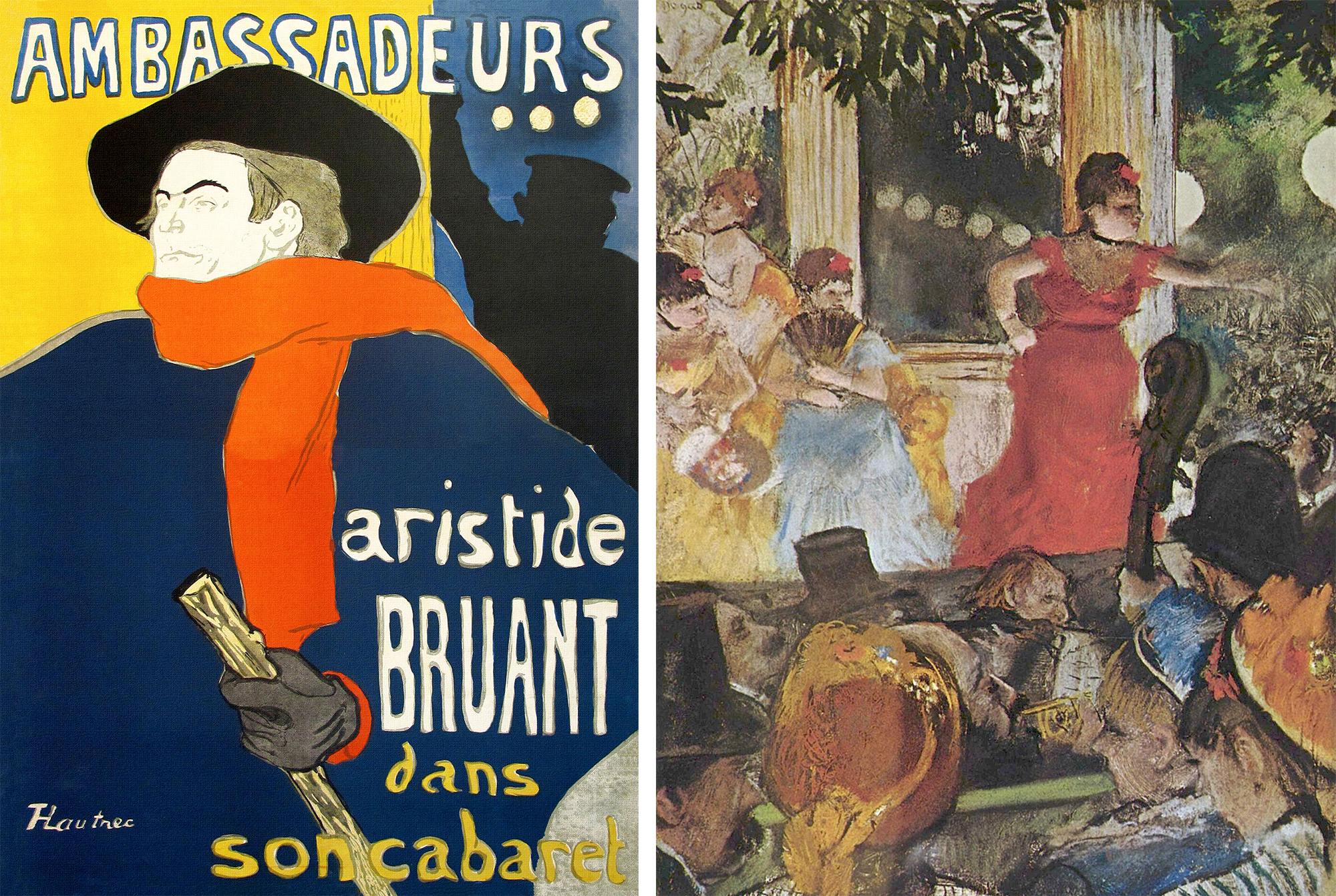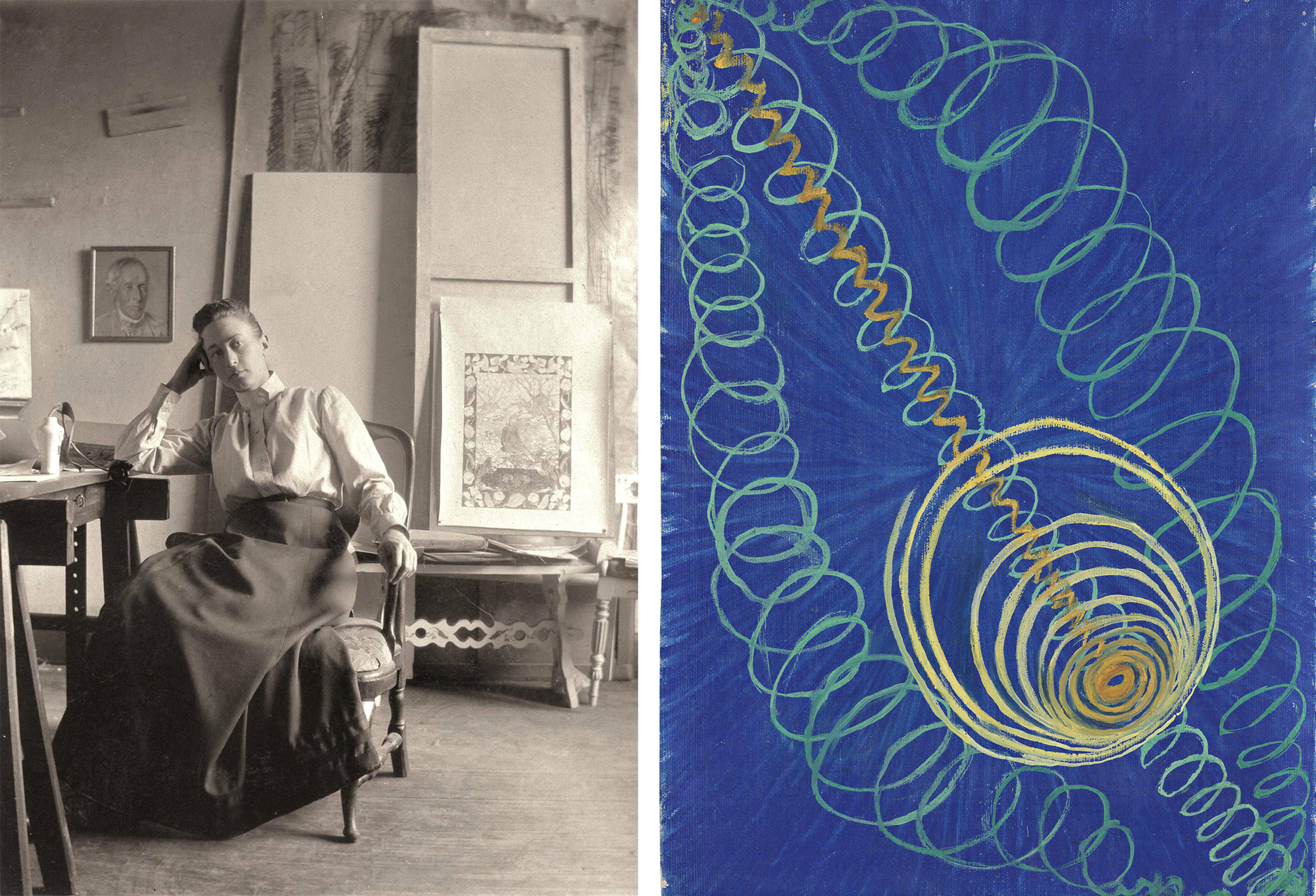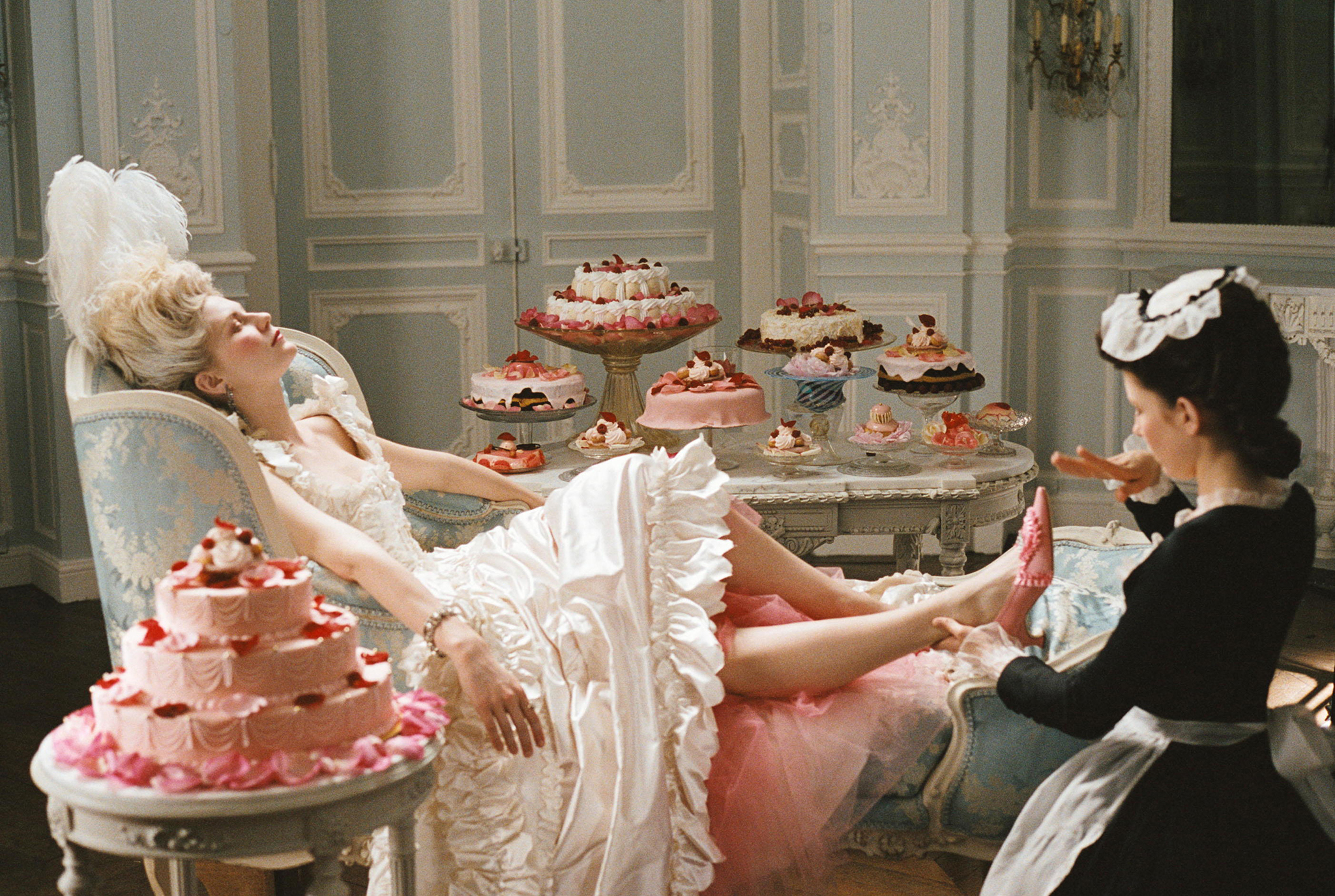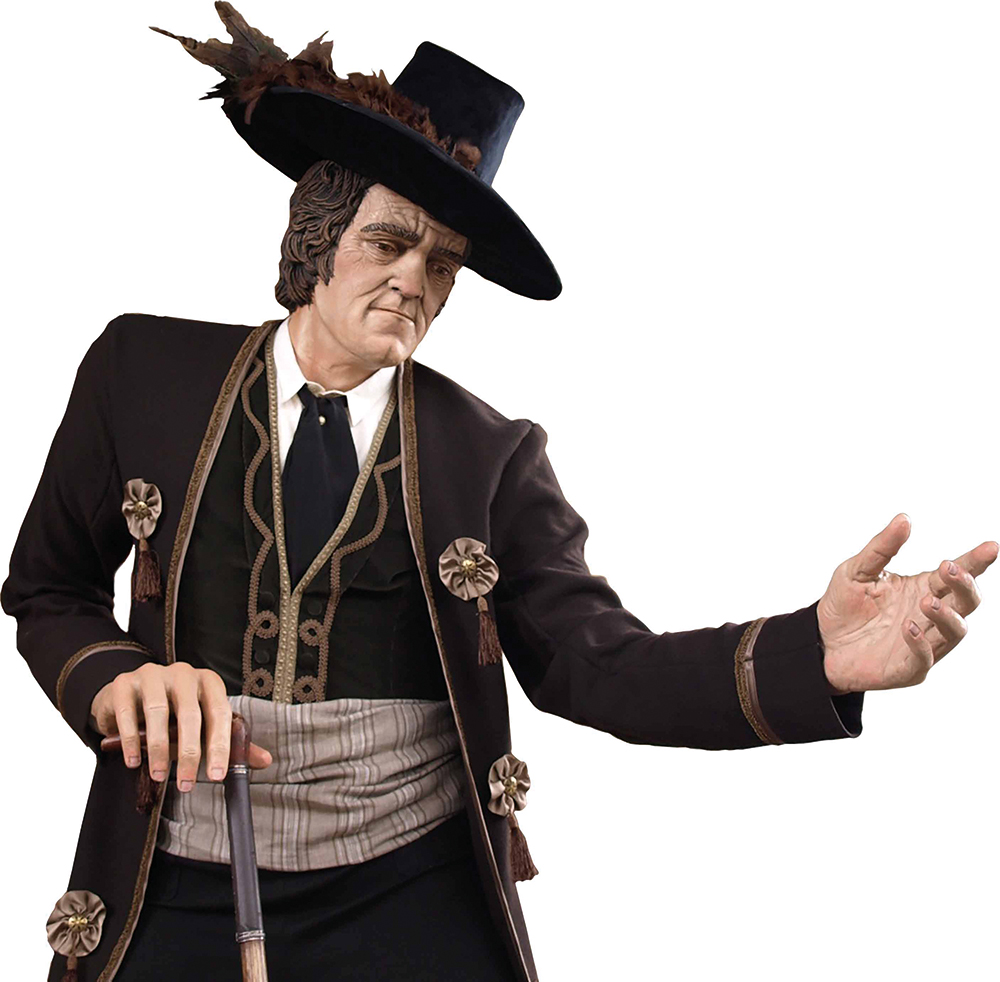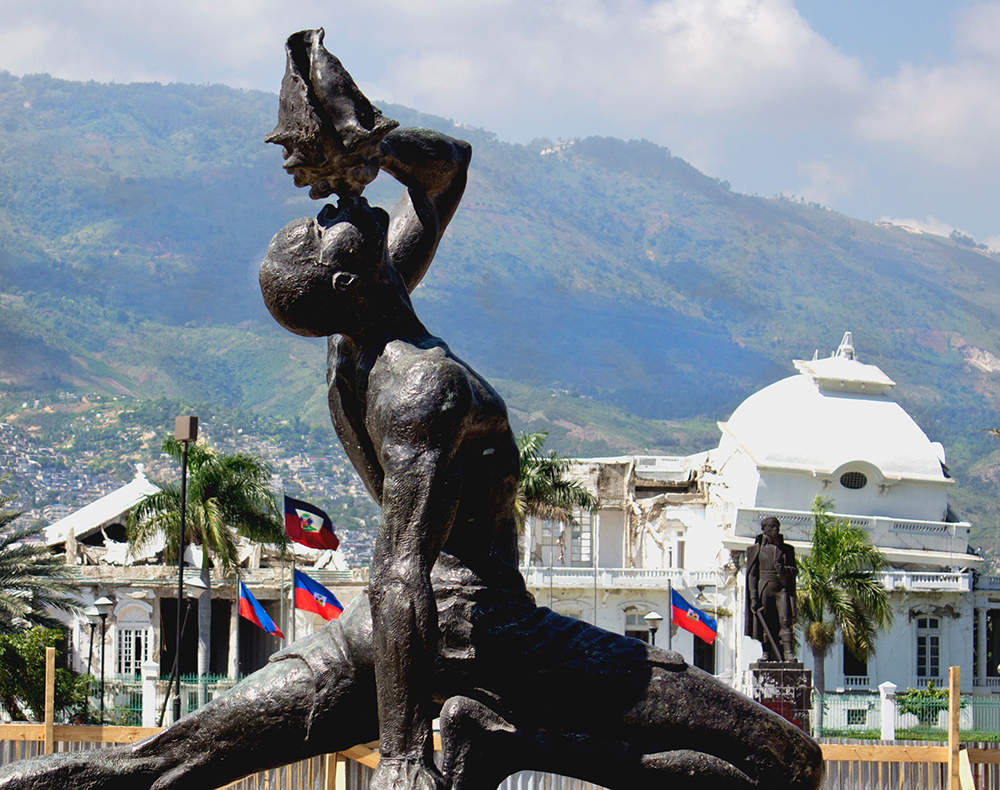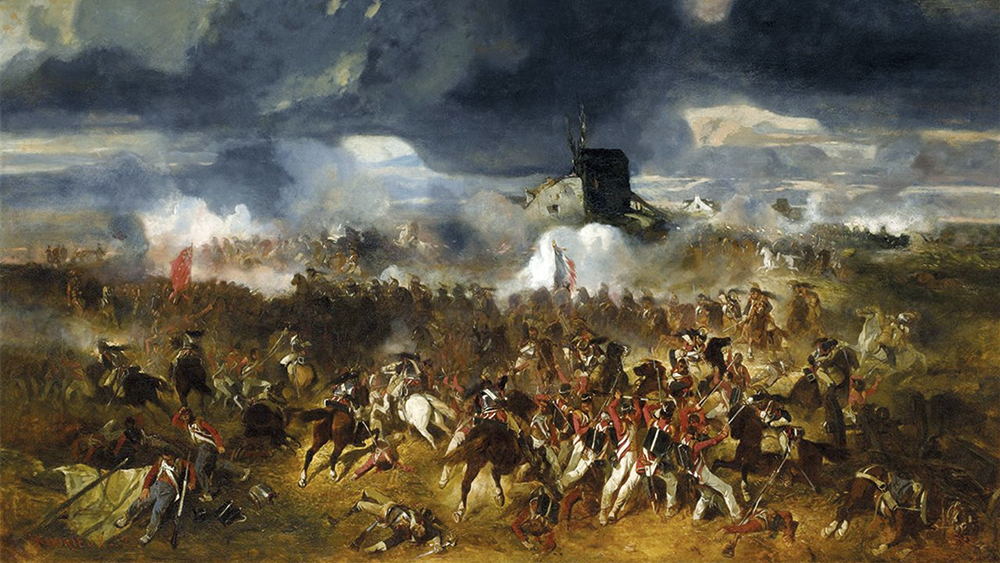Olympe de Gouges, feminist killed in the guillotine
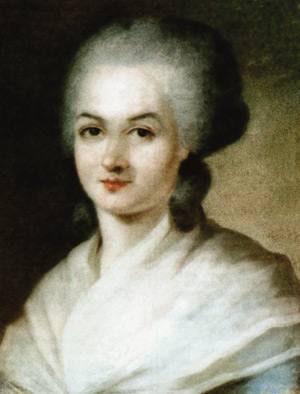
Paris, 26 August 1789. The National Constituent Commission approved the Declaration on the Rights of Man and Citizenship. The writer and politician Olympe de Gouges coincided with the principles of the French Revolution and the Declaration, but she missed something: women. Two years later, in 1791, he drafted the Declaration on the Rights of Women and Women Citizens.
Or rather, it changed what was approved by the men of the Commission two years earlier. By way of introduction, he wrote the phrase: “Man, are you able to be fair? A woman asks you the question.” Subsequently, in the articles of the Declaration, he replaced the word " woman " with that of " man " , and on several occasions he stressed the imbalance between the two genders. De Gouges’ text, which was never approved by public institutions, was the first to introduce equality between men and women in the public and private spheres.
It called for the right to vote for women, the possibility of carrying out public tasks, the right to political insertion, ownership and control and education of men. But it wasn't just about feminist ideas. It drafted a comprehensive programme of social reforms. He pioneered the protection of children’s rights and the demand for divorce. It also proposed changing the marriage system, which in its view should be a renewable annual contract. It also promoted workshops for the unemployed and for beggars.
In addition, Olympe de Gouges was a supporter of the federal state, i.e. the Girondines. This excuse was sufficient for Robespierre, Marat and the other Jacobins to get rid of the annoying bourgeois writer, committed to women’s rights.
He was arrested in August 1793. He managed to make two small posters in jail, get them out of it and get a lot of popularity on the street. “Olympe de Gouges in the revolutionary court,” one said; “One persecuted patriot” the other. It was their last texts. He was “tried” on November 2, 1793, without a lawyer. And guillotined the next day. At the time, perhaps he remembered the phrase he had written a few months ago: “The woman has the right to raise the skulum; she also has the right to climb the stool.”
Tennessee (United States), 1820. The slave Nathan Green is born, known as Nearest Uncle or Nearest Uncle. We do not know exactly when he was born and, in general, we have very little data about him until 1863, when he achieved emancipation. We know that in the late 1850s Dan... [+]
London 1928. At the Victoria and Albert Museum there was a very special painting: in the painting there is a black man, with wig and Levite, surrounded by books and scientific instruments. Thus it was catalogued in the Museum: “Unique satirical portrait representing a failed... [+]
Washington (EE.UU. ), 1807. The US Constitution banned transatlantic slave trade. This does not mean that slavery has been abolished, but that the main source of the slaves has been interrupted. Thus, slave women became the only way to “produce” new slaves.
So in 1845, in... [+]
Knustrup (Danimarka), 1546ko abenduaren 15a. Tycho Brahe astronomoa jaio zen. Besteak beste, Kopernikoren Ilargiari buruzko teoria hobetu zuen, errefrakzioei buruzko lehen taula osatu zuen eta Johannes Keplerren irakaslea izan zen.
Beraz, astronomiaren alorrean egindako... [+]
Frankfurt, Germany, 1901. The psychiatrist and neurologist Alois Alzheimer first saw the patient Auguste Deter. The 51 year old German housewife was a strange case. "The patient is sitting and seems unprotected," Alzheimer said: "What's your name? Auguste. What is your husband's... [+]
London, 10 March 1914. Mary Raleigh Rochardson (1889-1961), suffragist and WSPU member, entered the National Gallery with a knife in the dress. When he reached the height of Diego Velázquez's famous Mirror Venus, he stabbed the canvas seven times until he was arrested by... [+]











